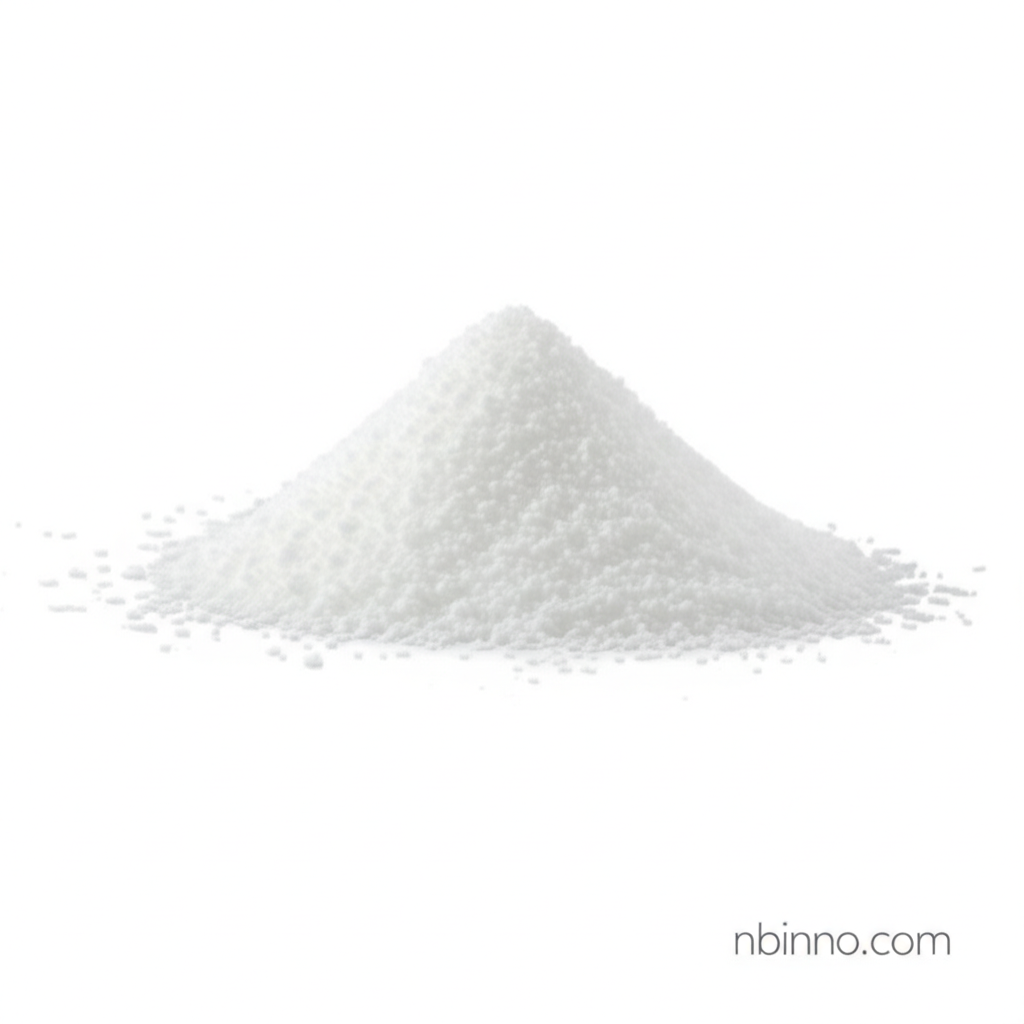Polylysine (pSar): A Versatile Polypeptide for Advanced Applications in Biotech and Food
Discover the multi-faceted applications of Polylysine, a key player in food preservation and biotechnology.
Get a Quote & SampleProduct Core Value

Polylysine (pSar)
Polylysine (pSar) is a polypeptide composed of lysine units, known for its cationic nature and diverse applications. Its varying structures, particularly ε-Polylysine and α-Polylysine, offer unique properties beneficial across industries.
- Explore the benefits of using polylysine for food preservation, a natural approach to extend shelf life.
- Understand how polylysine for cell culture enhances cell attachment and growth on various surfaces.
- Learn about epsi-polylysine's potent antimicrobial activity against a broad spectrum of microorganisms.
- Discover the applications of alpha-polylysine cell adhesion in tissue engineering and diagnostics.
Key Advantages
Broad-Spectrum Antimicrobial Activity
Leverage the power of epsi-polylysine's antimicrobial properties to safeguard food products from spoilage and contamination, a crucial aspect of food safety.
Enhanced Cell Adhesion
Utilize polylysine for cell culture applications, providing a reliable coating that significantly improves cell attachment and proliferation, vital for biotech research.
Versatile Drug Delivery Systems
Investigate polylysine drug delivery capabilities, where its cationic charge facilitates the complexation and transport of therapeutic molecules for targeted treatments.
Key Applications
Food Preservation
As a natural food preservative, polylysine n=6, 7, 8, 9, 10, 12 offers effective protection against microbial growth, making it a safe and valuable additive.
Biotechnology
Polylysine serves as an essential component in cell culture, enhancing cell adhesion and spreading, which is critical for research in cell biology and tissue engineering.
Pharmaceuticals
The ability of polylysine in drug delivery systems, particularly for nucleic acids and proteins, opens avenues for novel therapeutic strategies.
Cosmetics and Personal Care
Its conditioning and film-forming properties make polylysine suitable for cosmetic formulations, contributing to product performance.
